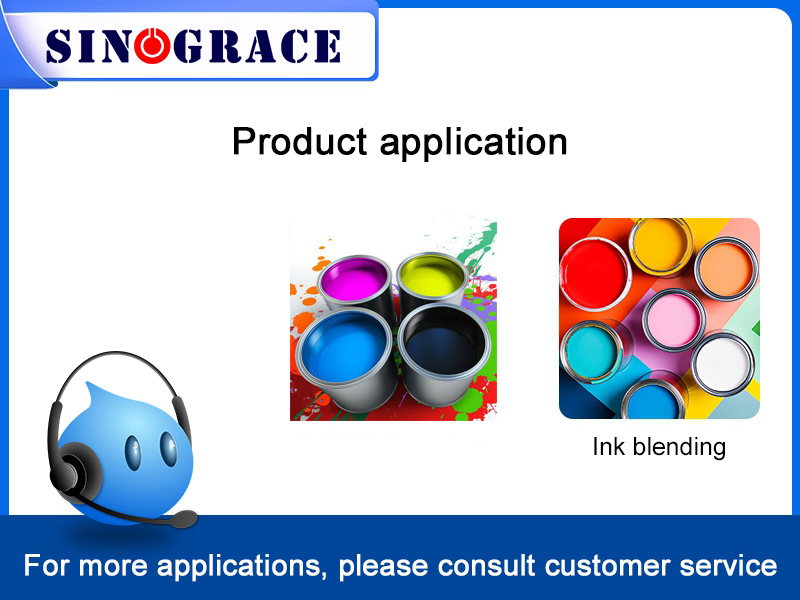Caractéristiques et fonctions de la résine acrylique solide utilisée dans la formulation d'encres à base d'eau
Les résines acryliques solides sont largement utilisées dans la formulation des encres d'impression à base d'eau. Les formulations communes à l'encre d'impression à base d'eau sont généralement composées d'émulsion de copolymère acrylate , de résine acrylique solide, de remplissage de pigment et Agent de mouillage , défoamère, etc. L'émulsion de copolymère d'acrylate est le principal matériau de liaison, et la résine acrylique solide est le dispersant des pigments, également connu sous le nom de résine de dispersion.
La résine acrylique solide aqueuse est également appelée résine acrylique soluble alcalible, les principaux indicateurs de propriété sont le poids moléculaire (MW) et sa distribution (PDI), la valeur acide (valeur acide) et la température de transition du verre (TG). Lorsque la température de transition du verre est plus élevée, la résine a une dureté, un brillant et une résistance aux intempéries plus élevés, mais ne peut pas former un film continu. Lorsque la température de transition du verre est basse, la formation de film est douce et facile à adhérer.
La résine acrylique solide utilisée dans l'encre d'impression à base d'eau est principalement une résine soluble dans les alcalis, car la composition contient environ 30 % d'acide acrylique ou d'acide méthacrylique, dans le cas d'une dissolution alcaline, et est immédiatement convertie en fonctions émulsifiantes, mouillantes et dispersantes de tensioactifs macromoléculaires, pour une variété de substrats à faible polarité , tels que le film PE, le film PP et le film de placage d'aluminium ont une bonne solidité d'adhérence.
Par conséquent, la résine acrylique solide est un matériau important dans le processus de préparation de l'encre à base d'eau, qui est non seulement utilisée dans le processus de préparation du liant en émulsion, mais également dans le processus de préparation de l'encre. La résine acrylique solide à base d'eau est également un excellent matériau de liaison par dispersion de pigments, elle fournit une dispersion pour une variété de pigments difficiles à disperser, améliore le développement de la couleur et la formation du film.


 français
français English
English русский
русский español
español العربية
العربية





